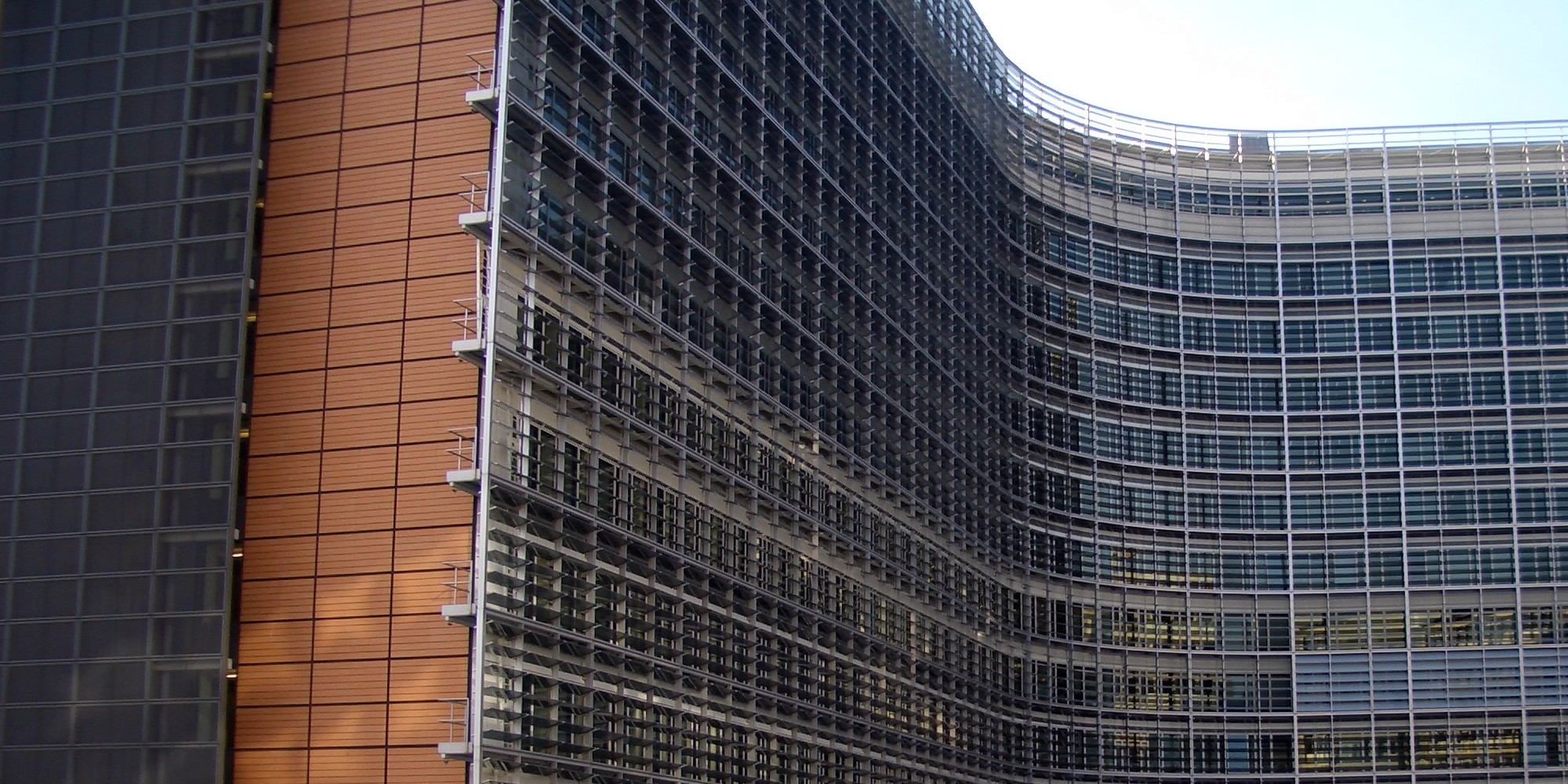A connection on LinkedIn asked about the Brexit thing. Of course, I jumped in and suggested a couple of long reads: Europe: A History and The Isles: A History, both by Norman Davies. Both are on my bookcase, and I used them when writing my MA European Studies dissertation.
Thus, my connection asked me what I thought of the current situation. Hark! The sound of thin ice cracking…
As a Brit, I understand the historic notion we have of Europe being “over there” – although, by definition, Anglo-Saxons aren’t Brits. Celts are British, pretty much everyone else is an invader. For clarity, by “Britain” I mean mainland Great Britain, as we’re the nearest part of the isles to mainland Europe, and therefore more likely to be visited. And by that, I really mean “England” And mainly the southern and eastern sides.
So much of our cultural or everyday history is European, it’s easy to forget. Leaving aside the Royal Family (German, Greek, Norman French, etc.) how about weights and measures? Imperial units were defined along the lines of the previous ‘English Units’, which were an amalgam of Roman and Anglo-Saxon measurement systems. Pounds, Shillings and Pence? Standard across the Roman Empire, then across Charlemagne’s Holy Roman Empire, introduced to England by Offa of Mercia (and his dyke).
Good neighbours
I do believe, have always believed and will continue to believe that our prosperity depends on good relations with countries on the mainland, and with any supranational bodies they conduct business through. But to do that we need to understand where they’re coming from, the language they use and that they have no reason to budge. The European Union and its forerunners have made concessions. Yes, we send a lot of money (and fish) their way, but we also have derogations from the Euro area, Schengen area and anything else that we’re a bit sniffy about.
Where I differ is that I don’t think that the ‘European Union’ is necessarily the way forward. I’m the sort of European (Union) supporter who believes that a two-speed, multi-Europe is possible, if the leaders in Europe wish it so. A single market only leads to political union if you let it1, and the UK has negotiated enough derogations from the various treaties to not have had anything to worry about.
In Britain, we fear the word ‘federal’, despite the United Kingdom moving to a more federal way of thinking through the introduction of the Welsh and Scottish Parliaments. We also fear the word ‘constitution’ as we don’t have a written one, being so ancient and all. So when the Convention on the Future of Europe starting in 2001 promoted the idea of a European Constitution all hell broke loose.
It was so bad, PM Tony Blair even offered to give the country a referendum!
Historical side note: the Convention had 102 members, led by a Præsidium of 13, chaired by Valéry Giscard d’Estaing (by then in his late 70s, and thus clearly not the voice of the future). The UK’s Præsidium representative was… Gisela Stuart MP, who was a dissenting voice and later became Vote Leave’s Chair. One of the European Commission’s representatives was… Michel Barnier. Plus ça change, plus la meme chose.
Most of the Constitutions provisions (which were mostly a tidying-up exercise, as the whole Constitution was supposed to be) were pushed into another treaty, 2007’s Treaty of Lisbon, since when the EU hasn’t been able to concentrate properly on next steps while dealing with the accessions of 2004 and 2007, a recession (affecting especially Greece and Ireland and threatening the precious Euro) and now Brexit. In 15 years we might have a different vision of Europe in which some countries pool sovereignty, some take on the Euro, some are part of Schengen – or none of these things, just part of a Common Market. However, you can’t make these changes from the outside.
Future imperfect
But as the Common Market would undoubtedly include adherence to the four freedoms of movement (people, goods, services, money), and as the Brexit argument has been largely distilled down to a dislike of the free movement of people, I doubt the UK will be part of it.
This is our loss.
In order to minimise our exposure to the small parts we don’t like we end up having to cut ourselves off from the parts we do. Only, being Britain, we do it in the most self-centred, arrogant way.
We’re not in favour of the free movement of people or goods, for example, unless they’re our people and goods. Why should the EU give Brits any special rights as a third country, when we want to deny EU members any?
We can’t understand that we will be a third country as far as EU members are concerned, and have to queue with everyone else who doesn’t hold an EU passport. Or that visa-free travel is no longer guaranteed. Or health insurance if we fall ill. Or that pan-European broadcasting licences won’t cover the UK, and vice versa, which is why companies are decamping to the near continent.
They don’t understand that without a mobile, seasonal labour force we’ll be reliant on Brits to pick up the slack (and the strawberries). They’ve been pretty backward at coming forward so far.
These are only small examples, but it’s the lack of understanding that’s put us in the position we’re in, trying to fix the symptoms of our political, social and economic malaise instead of looking at the causes. A bit like constantly taking a tablet to treat a poorly tummy, when you’re really got stomach cancer but can’t be bothered getting checked out.
But then, if we really understood, would have even had a referendum at all?
- The Zollverein of the 1800s, being an example, but even this didn’t directly lead to the formation of the North German Confederation nor the German Empire. [↩]
